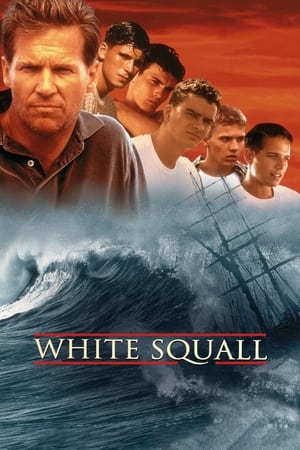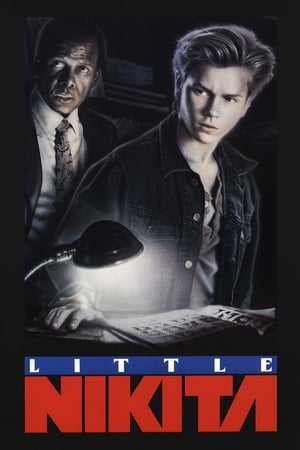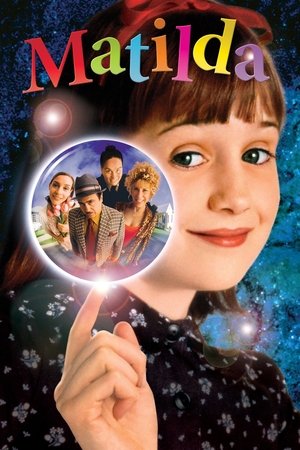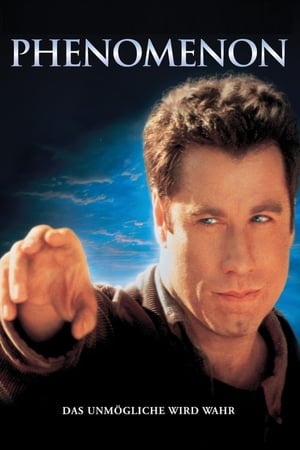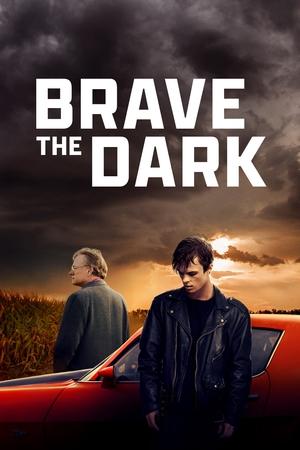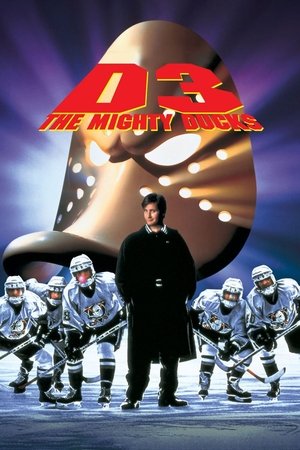Overview
Harassed by classmates who won't accept his shocking appearance, a shy young man known as "Powder" struggles to fit in. But the cruel taunts stop when Powder displays a mysterious power that allows him to do incredible things. This phenomenon changes the lives of all those around him in ways they never could have imagined.
Reviews
_**"Can't imagine there's meanness; can't imagine one lie"**_
"Powder" was the first of two films that came out in 1995-1996 dealing with a gifted individual who is super-smart and has paranormal powers; the second was "Phenomenon" with John Travolta. "Powder" is the superior. While "Phenomenon" is good, "Powder" reaches for greatness and, in some ways, achieves it, even while it’s marred by a few dubious moments.
Sean Patrick Flanery plays a hairless albino teen in East Texas, nicknamed Powder, who's discovered living in a basement after his grandfather's sudden death. As a ward of the state, he is placed in a boy's school where his uniqueness stirs up trouble.
For a film like this to work you have to buy into the character, and this is one of the movie's strengths. Flanery reveals his acting expertise in his convincing portrayal of the shy, gifted teen. Flannery's Powder stands strong with the greatest misfits in cinema, like Nimoy's Spock and Hank's Forrest Gump.
Actually, the acting is good across the board: Lance Henriksen as the hardened-but-open sheriff, Mary Steenburgen as a psychologist who grows to really care for Powder in a motherly way, Jeff Goldblum as a fervent science teacher who's astonished, Bradford Tatum as Powder's main enemy at school, Brandon Smith as a redneck deputy who instinctively hates him, but actually fears him, and the beautiful redhead Missy Crider, Powder's fellow student and potential love interest.
Roger Ebert dissed the film for a number of reasons, one being Powder's enemy's don't learn from him. On the contrary, one enemy makes a 180 after being enlightened, but ultimately reverts back to his former base mentality. This happens all the time in real life. On another occasion Powder does something miraculous and you can clearly see the change on his enemy's face, the realization & acceptance. Whether this will prove to be a lasting change or temporary, isn’t revealed.
Ebert also complained that Powder's electrical tricks upstage his emotional insights. Really? I think it's the reverse. While the electrical tricks are there to maintain the attention of those with ADHD, it's the film's potent insights that stay with the viewer. Don't get me wrong, I enjoy the electrical tricks, but they're way too overdone to be realistic. At the same time, I understand why the writer/director (Victor Salva) included them: this is a MOVIE, not real life; it's meant to transfer ideas AND entertain, and it does both pretty effectively.
Ebert also griped that the ending is unsatisfying the more you think about it. Actually, the ending makes a powerful statement and is reminiscent of the spectacular translations of Elijah and Enoch in the Bible. Let's just say Powder was too good, too spiritual, for the simpleminded and mundane.
I'm not saying the film doesn't have flaws or eye-rolling moments, but they can be overlooked in view of the big picture and the film's successes.
As for the paranormal phenomena featured in the story, like psychokinesis, telepathy, extraordinary empathy and what the Bible calls "the word of knowledge,” although some of these are exaggerated in the film I have a secret:
They're real.
=========================
The film was shot in SE Texas and runs 111 minutes.
GRADE: A-

 112 min
112 min
 7
7
 1995
1995
 USA
USA
 Wuchak wrote:
Wuchak wrote:

